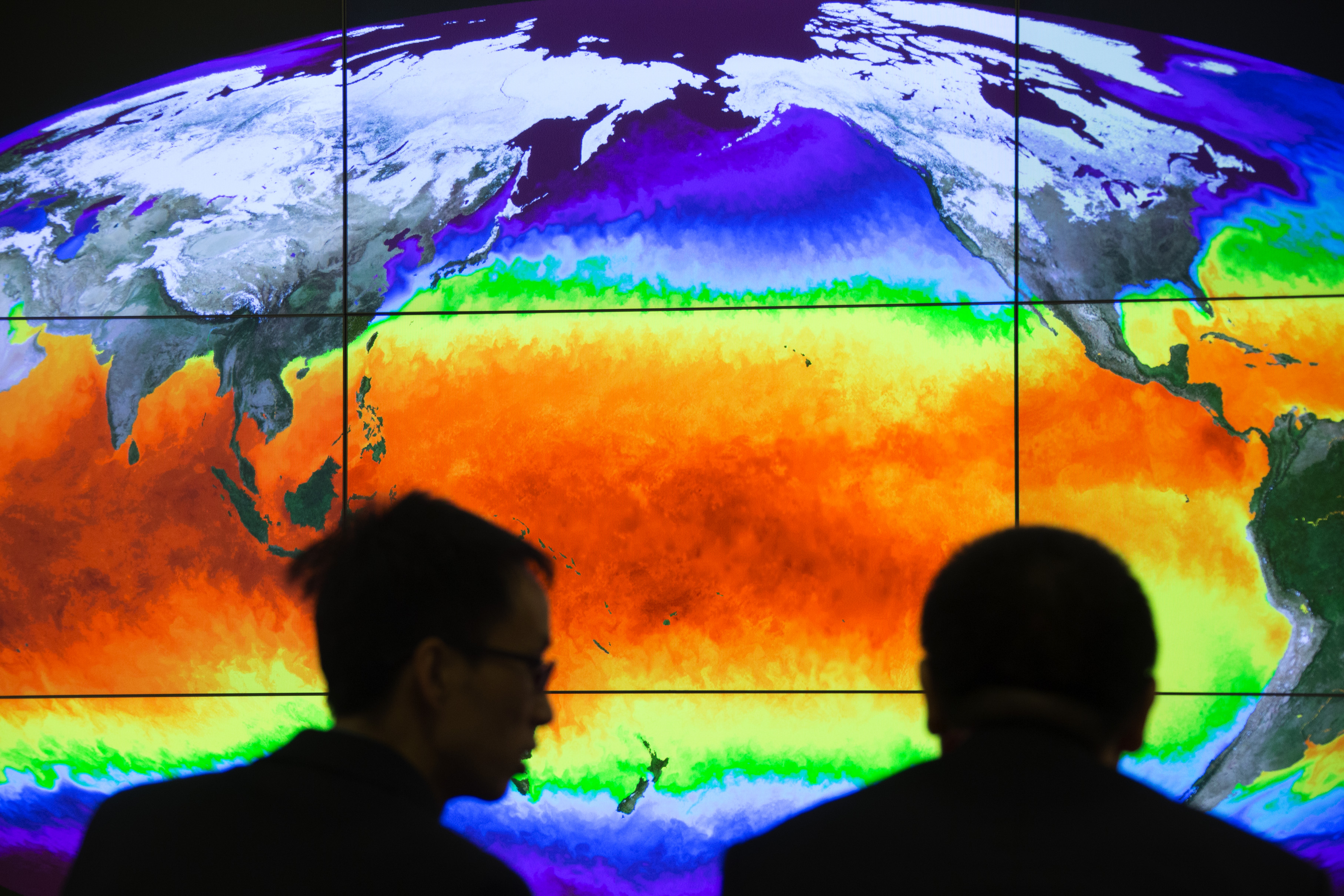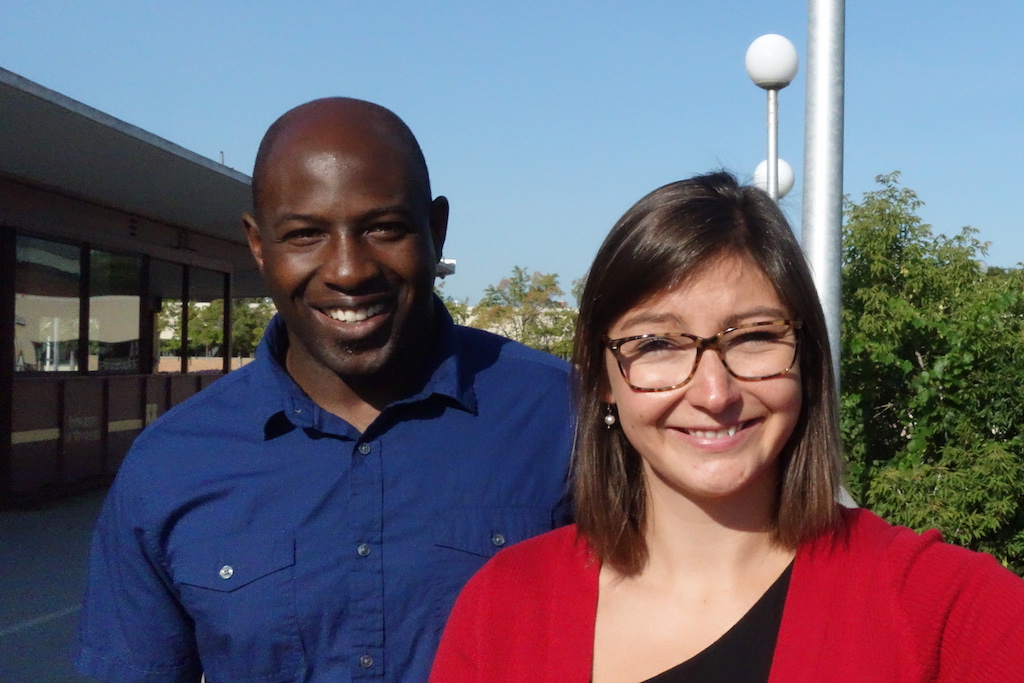
The TerraPop team is excited to announce the launch of a new, completely redesigned user interface. TerraPop enables research, learning, and policy analysis by providing integrated spatio-temporal data describing people and their environment. The new interface is more intuitive and easier to use. Choosing data and creating an extract are structured as a step-by-step process. You are guided through the workflow, seeing the information you need to make selections at each step. Throughout the process, you have access to complete metadata describing available variables, datasets, and geographic levels. Give the new extract builder a try at https://data.terrapop.org.


